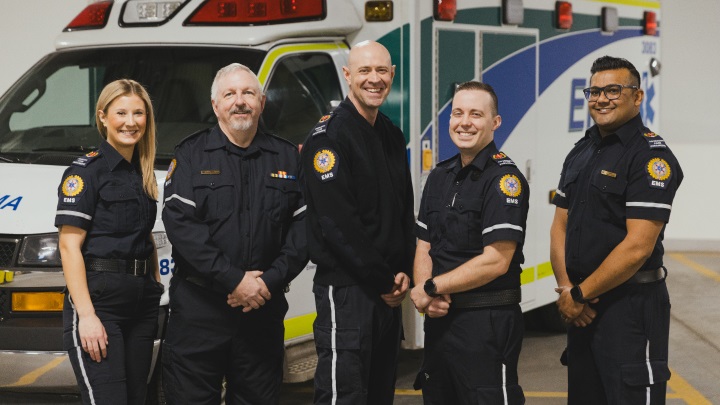
Advanced care paramedics (ACPs) are often the first responders at emergency scenes and provide urgent medical care.
Working within a defined scope of practice, they assess the scene and patient, check and monitor vital signs, administer lifesaving procedures, and stabilize an injured or ill person for ambulance transport to health care facilities for further treatment as needed.
$35.46 to $46.69 per hour
Other benefits
Advanced care paramedic diploma

Your EMS offers a behind the scenes look at the people who provide emergency care, as well as the equipment, tools and programs.
To learn more about a career as an Advanced Care Paramedic in our province visit Alberta Learning Information Services (ALIS).